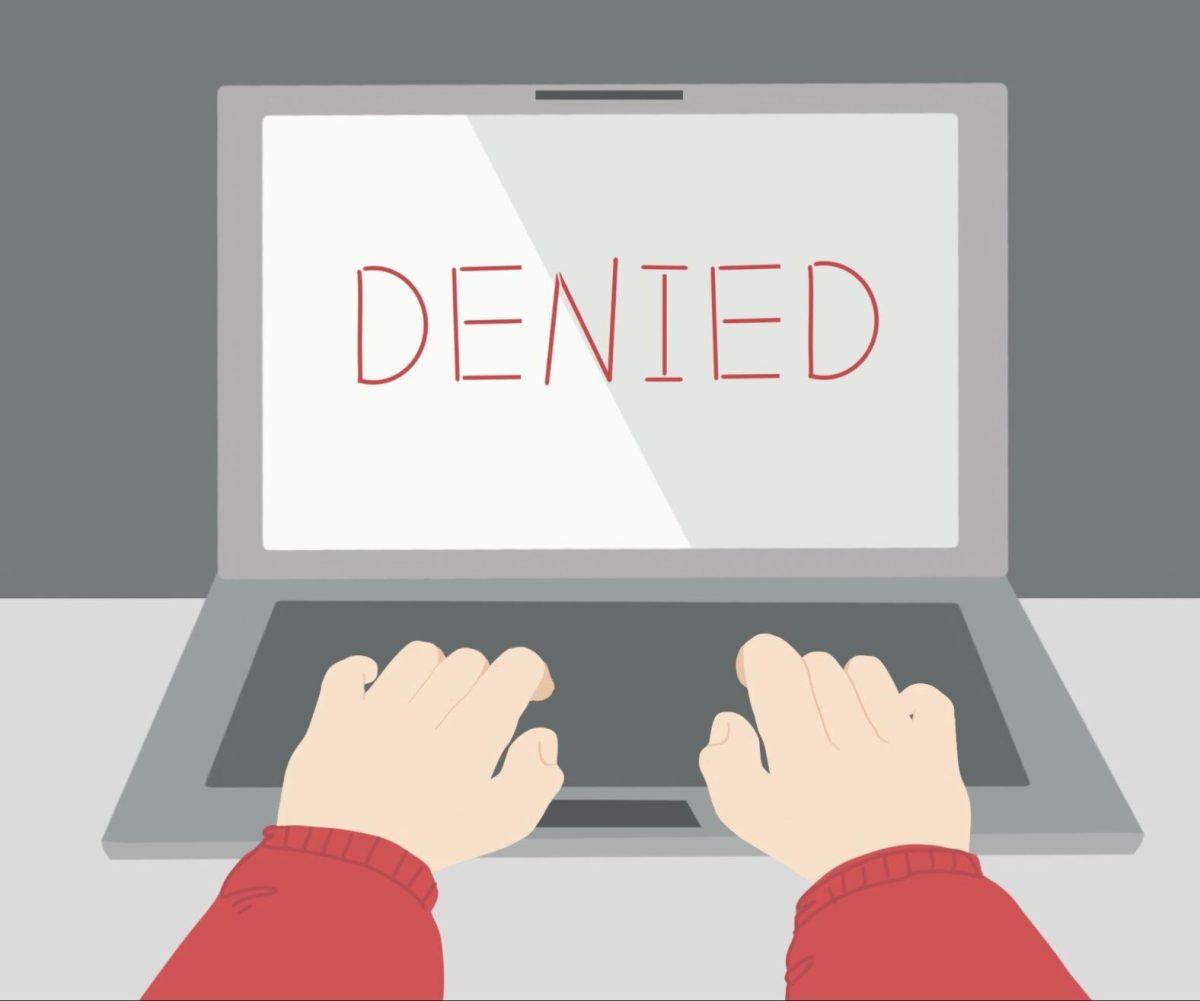For some students, connecting with available mental health resources on campus can be difficult. Leaders in the Disability Resource Office and the Counseling Center offered advice on how to navigate the process of receiving mental health accommodations and connect with mental health resources.
Evie Taylor, a second-year studying aerospace engineering, said the paperwork to get involved with these offices is particularly grueling, especially for students already struggling.
“It’s a lot of work on the student’s part,” Taylor said. “You’re already not doing well, and then you have to go fill out this long form just to tell someone you’re struggling.”
Mark Newmiller, director of the Disability Resource Office, explained the process of receiving accommodations for disabilities related to mental health. Students first submit a disclosure form and related documentation to the office, then wait to hear if their request has been approved.
Oftentimes, a meeting isn’t required to approve eligibility, and accommodations can be implemented without even having to see a staff member. However, the timeline varies from person to person, Newmiller said.
“The decision of eligibility is based on the student’s individual circumstances, and accommodations are based on course requirements,” Newmiller said.
Newmiller said accommodations given by the office are flexible and encouraged students to reach out if they feel dissatisfied with their accommodations.
“[A student] can always come back,” Newmiller said. “It could be three years and then they come back. Things change. You can always come back and ask for more [accommodations].”
If students are uncomfortable with meeting a clinician in an unfamiliar setting, Dr. Monica Osburn, executive director of the Counseling Center and Prevention Services, said there are other spaces where students can receive help.
“We know physically walking into the Counseling Center can be scary,” Osburn said. “We try to create other spaces on campus to reduce some of those barriers.”
Campus centers that students may already be comfortable with, such as Multicultural Student Affairs or the LGBTQ Pride Center, have drop-in times for students to meet with someone in a familiar environment. There are also embedded clinicians in several of the campus colleges for students to reach out to. Osburn said AcademicLiveCare, a new telehealth counseling platform, was implemented toward the end of last semester. Students can go online and fill out their information to schedule a virtual appointment with a counselor.
CARES, the Student Behavioral Case Management program at NC State, provides support for students in crisis or those who have been identified by a peer as exhibiting concerning behaviors. Newmiller said a staff member from the Disability Resource Office sits on the CARES team weekly to meet with students who are struggling and can also refer students to the office to discuss implementing accommodations.
“[After a CARES concern report is filed], the CARES team will reach out to the student to see what’s going on, what their needs are, and offer them all the options they have so the student can make an informed decision if they want to connect with the Counseling Center or not,” Newmiller said.
Taylor said having a diverse staff to accommodate students of all races, sexualities, ethnicities and gender identities is especially important to students seeking help for mental health.
“You want to connect to your counselor, and obviously that’s easier when they look like you,” Taylor said. “Diversity matters a lot.”
Osburn said diversity is one of the things the Counseling Center prioritizes during the hiring process, and everyone who comes to the Counseling Center is asked what their preferences related to clinicians are.
“Every year, we look at who comes to the Counseling Center to mirror what NC State’s population is,” Osborn said. “For example, we might look at the percentage of African American students on campus and the percentage of those students who come to the Counseling Center. If there is a gap, [we] want to understand what it is so we can create programming or other solutions to address it.”
To learn more about how to receive accommodations for mental health, head to the Disability Resource Office website or check out the resources provided by the Counseling Center.
If you or someone you know is having difficulty processing grief or having a mental health emergency, the Counseling Center can be reached 24 hours a day at 919-515-2423. If you are in a crisis situation and need immediate help, please call the National Suicide Prevention Lifeline at 988. In the case of a life-threatening emergency, call 911.
The Counseling Center’s website offers free online screenings, a plethora of self-help resources regarding mental health and wellness concerns and a comprehensive list of campus services available for those who need guidance. To view an exhaustive list, visit counseling.dasa.ncsu.edu/resources.
If you’re seeking professional counseling or other mental health services on campus, visit the Counseling Center’s Getting Started page at counseling.dasa.ncsu.edu/about-us/gettingstarted to complete paperwork, set up an appointment and more.













